Department of Pathology
About
The Department of Pathology is one of the largest core departments established in 2008, which participated in the establishment of the integrative curriculum for the Bachelor of Medicine and Surgery program. It includes pathology (general and anatomical, histopathology and cytology), as well as clinical pathology. Pathology in general is the science specialized in the study of diseases in terms of etiology, pathogenesis, gross or microscopic morphology, complications, prognosis, and outcomes. Pathology as a part of basic medical sciences is heavily addressed in all integrative modules of the preclinical phase, with mild insertion in the clinical phase, in which the correlations of histopathological findings with physical signs along with other laboratory results should occur as part of the interdisciplinary integrative curriculum.
The department also includes clinical pathology, which supports the foundations of teaching all medical laboratories while linking the theoretical domains with the practical skills, through a conducted condensed module that deals with teaching all types of laboratories or through integrating specific contents within the aligned modules. The department also participates in all learning and teaching processes in all the courses that organize the integrative program, such as problem solving, seminars, and self-learning. Conducting field research related to the community with its analysis, recommendations, and introducing the initiatives.
The department is also one of the important pillars that contribute to all extracurricular activities that serve the educational process and develop special abilities. The department also participates strongly in important activities that serve the community, such as participating in the International Day of Breast and Colon Cancer and others.
The department also seeks to develop the skills of faculty members through continuous participation in conferences and workshops organized by the university, which is represented in the process of professional development and academic performance, which in turn is reflected in raising performance and efficiency in the use of modern methods and technology in the learning and teaching process.
Goals
Achieving learning and teaching of pathology and clinical pathology from all aspects of knowledge, skill, and values for students at the College of Medicine through the integrative curriculum in the frameworks of active learning. Learning pathology is based mainly on student-centered learning by using various learning methods. This is done through the specific distribution of the content of pathology and clinical pathology through all modules that make up the components of the Bachelor of Medicine and Surgery program, whose learning outcomes are consistent with the learning outcomes of those contents, as well as the outcomes of the program and the institution. In addition, specific measurement tools are addressed during and after the end of each module to measure the extent to which these goals are achieved. The department also aims to teach students basic skills in performing some microscopic and laboratory examinations, as well as how to read signs and link them to cognitive skills to reach the appropriate diagnosis. In addition to that, the department also aims to learn and teach students the importance of how to correlate and interpret the clinical signs with the results of laboratory and microscopic examinations, with the use of critical thinking and research skills in understanding and deriving the implications of these laboratory tests. The department also aims to create a suitable environment for conducting all the various research that serves the community and achieves the outcomes of the program and the vision and mission of the university, the university, and the kingdom. In addition, we provide advice and technical support to the healthcare system in the region through effective and continuous cooperation with health affairs and health service providers in the Al Baha region. In addition, to contribute to the promotion of health education among all parties of society through the establishment of health education initiatives, as well as active participation in international days of some health problems.
Department members

Head of Department
Associate Professor of Otolaryngology / Head and Neck Surgery
Consultant Otolaryngology/ Head and Neck Surgery
Email: rasalzahrani@bu.edu.sa
Tel: 0177257700 Ext: 16035
Dr. Moataz Mohamed Alhasan Ali Mohamed
Associate professor-Pathology department
Consultant of clinical pathology
Email: Moataz.m@bu.edu.sa
Tel.: 0177257700 Ext: 16035

Dr. Ihab Shafek Atta
Ass. Prof. of Pathology
E mail: ibassyouny@bu.edu.sa
Tel.: 0177257700 Ext: 16035
Dr. Rabei Mansour Ali Mohammed Elbadry 
Assistant professor of pathology
Consultant clinical pathologist
Email: ralbadri@bu.edu.sa
Tel.: 0177257700 Ext: 16035
Dr. Abuobaida Elamin Eltoum Abukhelaif
Assistant Professor of Pathology
Registrar Clinical Pathology
Email: aabukhelaif@bu.edu.sa
Tel.: 0177257700 Ext: 16035
Assistant professor of pathology
E mail: JHassan@bu.edu.sa
Tel.: 0177257700 Ext: 16035
Dr. Omayma Mohamed Osman Ibrahim Mohamed
Assistant professor of Pathology
Tel.: 0177257700 Ext: 16035
Dr. Manal Abdeltawwab Khalaf Mohamed
Assistant Professor of Pathology
E mail: m.mohmmed@bu.edu.sa
Tel.: 0177257700 Ext: 16035



